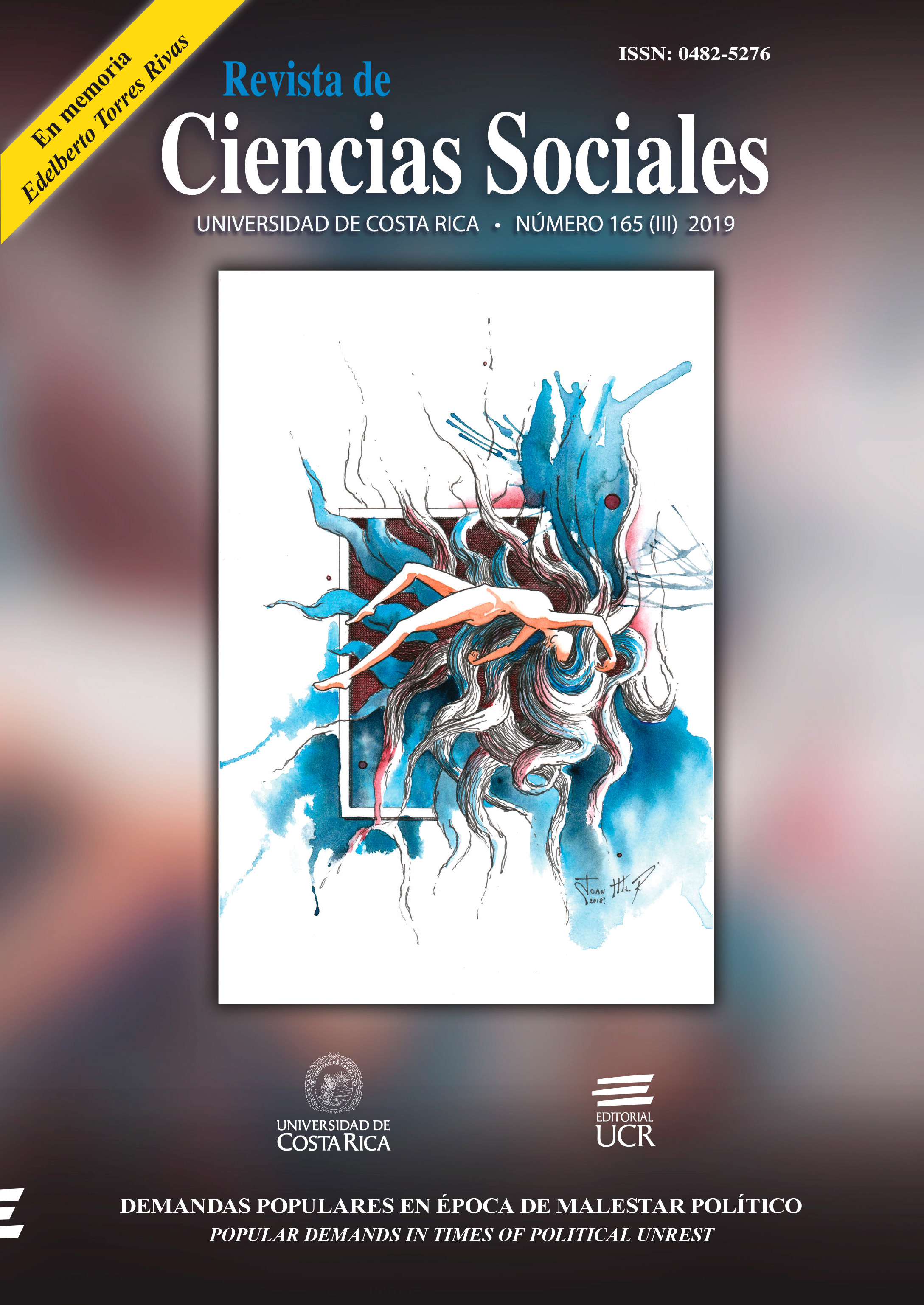Abstract
The languages of the popular demands and their inscription in the interstices of the policy, necessarily implies identifying the instances of processing -institutionally-where the power of the resistance is transcribed in the orders of the public administration. That is why an analysis of popular grammar using discourse and content analysis techniques to a set of interviews made within the framework of social movements in Córdoba, Argentina, during the period 2004-2010 was conducted. The present work is organized in three sections: the first contextualizes the Argentinian policy from the perception of the popular sectors; the second one warns about the emergence of new collective actors in the context of the 2001 economic crisis; and finally, the third develops the trajectory of state devices and popular organizations, addressed in the previous sections, but now in the territory of
the province of Córdoba.


